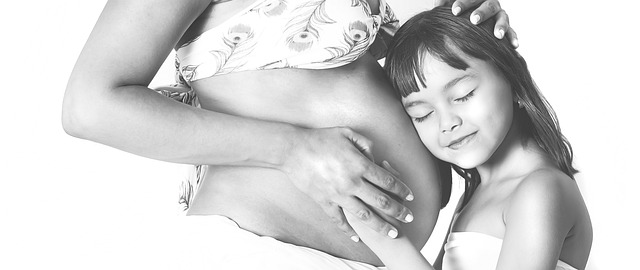Let’s chat about something that’s often misunderstood: fertility and age. A lot of women think they can get pregnant whenever they want, but that’s a bit of a fairy tale. The reality is, a woman’s fertility naturally declines with age—starting from the early 20s, it takes a noticeable dip around 35, and by 40, it’s pretty much a steep drop.
Dr. Emily Roberts, a fertility expert, points out that while there is definitely a biological clock ticking, young women shouldn’t feel pressured to rush into fertility testing. So, when should you consider getting things checked out? Here’s a simple guideline:
- If you’re under 35 and haven’t conceived after a year of trying
- If you’re over 35 and it’s been six months without success
- If you’re in your 40s and just starting your journey
It’s a common misconception that aging is just a myth when it comes to fertility. If you’re in good health and don’t have any known barriers to conception, your fertility peaks in your early 20s and starts to decline significantly after 40.
Dr. Roberts reassures us that most women won’t face fertility issues, so testing everyone isn’t necessary. However, if you have any health conditions, it’s good to chat about them with your OB/Gyn or a fertility specialist.
There are other factors beyond age that can affect fertility too. Issues like irregular menstrual cycles can indicate ovulation problems, which are quite common. Regular cycles usually fall between 24 and 34 days. If yours are all over the place, that’s worth mentioning to your doctor.
Lifestyle choices also play a role. For instance, smoking can harm egg quality, and heavy drinking might affect your reproductive health. Plus, exposure to certain environmental toxins—think pesticides or chemicals in cleaners—can also be a concern. Maintaining a healthy Body Mass Index (BMI) is also crucial; it should ideally fall between 19 and 25 for optimal fertility, regardless of age.
When it comes to diagnostic tests, age isn’t the primary factor; individual differences are. Dr. Roberts explains that fertility evaluations usually look at hormone levels, whether the fallopian tubes are open, and a semen analysis for male partners. Older women may undergo some additional tests, but the approach remains tailored to each individual’s situation.
And remember, not every woman in her 30s will automatically need IVF. Many may find success with intrauterine insemination (IUI) or other less intensive treatments. Likewise, some women in their 20s might struggle with IUI too. So, it’s a bit of a mixed bag—age is just one piece of the puzzle.
If you’re feeling anxious about your chances of getting pregnant, don’t hesitate to bring it up with your doctor, no matter how old you are. If you feel like you need more specialized insight, seeking a fertility consultation can be really helpful. Plus, seeing a specialist is often just as accessible and can speed up the diagnosis process since they focus solely on fertility.
For more insight into navigating the costs associated with childcare, check out our other blog post. And if you’re considering at-home insemination options, resources like Make a Mom can help you find what you need. Also, if you’re curious about pregnancy resources, WHO offers valuable information.
In summary, while it’s true that fertility declines with age, there are many factors at play. Understanding your own health, lifestyle, and when to seek help can make a big difference in your family-building journey.

